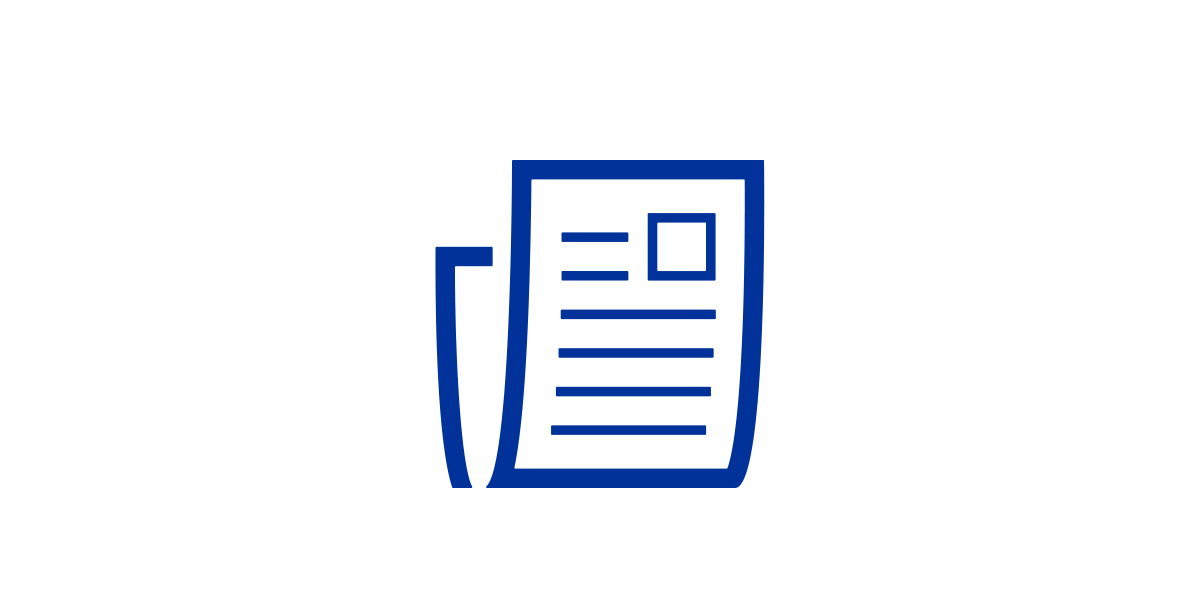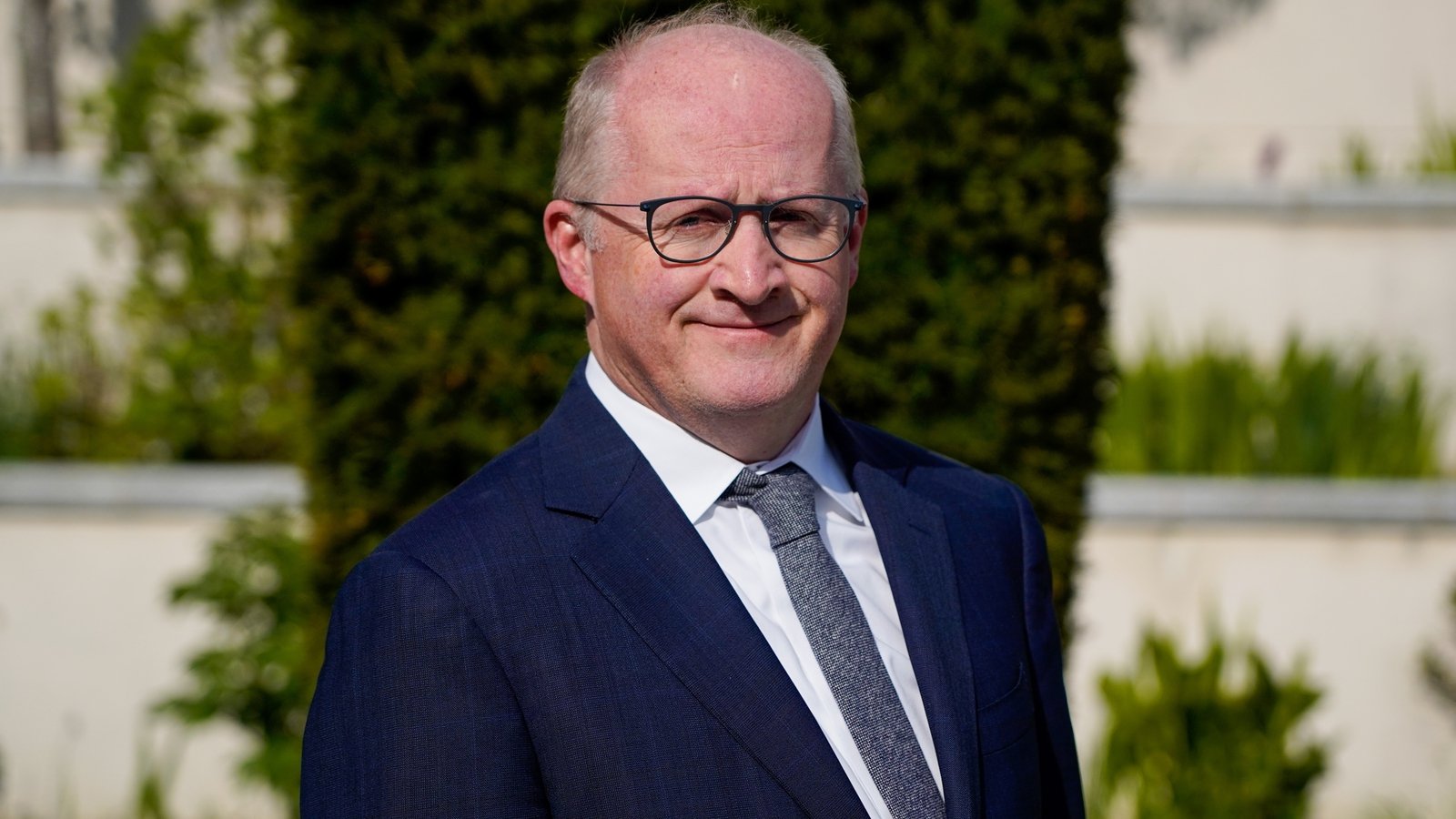ECB refinancing rate today = 3% since 8-Feb 2023
Due to increase in March, as stated by ECB in 2-Feb meeting.
The European Central Bank (ECB) is the central bank of the 19 European Union countries which have adopted the euro. Our main task is to maintain price stability in the euro area and so preserve the purchasing power of the single currency.

www.ecb.europa.eu
Next meeting due 16-March 2023.
The re-financing rate will be increased to 3.5% then.
Today, we hear from Philip Lane:
https://www.independent.ie/business...ate-hikes-will-not-end-in-march-42371439.html
"European Central Bank chief economist Philip Lane has indicated for the first time that interest rates will rise again in May, in addition to a hike widely expected to happen next week.
It means the ECB interest rate now looks set to be at least 3.25pc by May, the next scheduled meeting of policy makers after March 16th.
He made the speech during a speech to students and staff at Trinity College Dublin on the theme of assessing underlying inflation in the euro area, a measure that strips out volatile elements of inflation to determine the essential economic effect.
“The current information on underlying inflation pressures suggests that it will be appropriate to raise rates further beyond our March meeting, while the exact calibration beyond March should reflect the information contained in the upcoming macroeconomic projections, together with the incoming data on inflation and the operation of the monetary transmission mechanism,” he said."
Be careful here - the 3.25% mentioned looks like the deposit rate, not the re-financing rate.
:quality(70)/cloudfront-eu-central-1.images.arcpublishing.com/irishtimes/HMPS6PGNG64FXCOE5HVUMHM3IM.jpg)
:quality(70)/cloudfront-eu-central-1.images.arcpublishing.com/irishtimes/4CIHBXKXASCMPCCERD7CSNMTL4.jpg)
:quality(70)/cloudfront-eu-central-1.images.arcpublishing.com/irishtimes/SXYRG7WK26SNCWWOH4CDRXMEKU.jpg)
:quality(70)/cloudfront-eu-central-1.images.arcpublishing.com/irishtimes/J3FZMCOXW5B3I3SHFJLODDCQ3Y.jpg)
:quality(70)/cloudfront-eu-central-1.images.arcpublishing.com/irishtimes/LJMKNPIZZSFJWOEHXF7A7SGA4Q.jpg)

